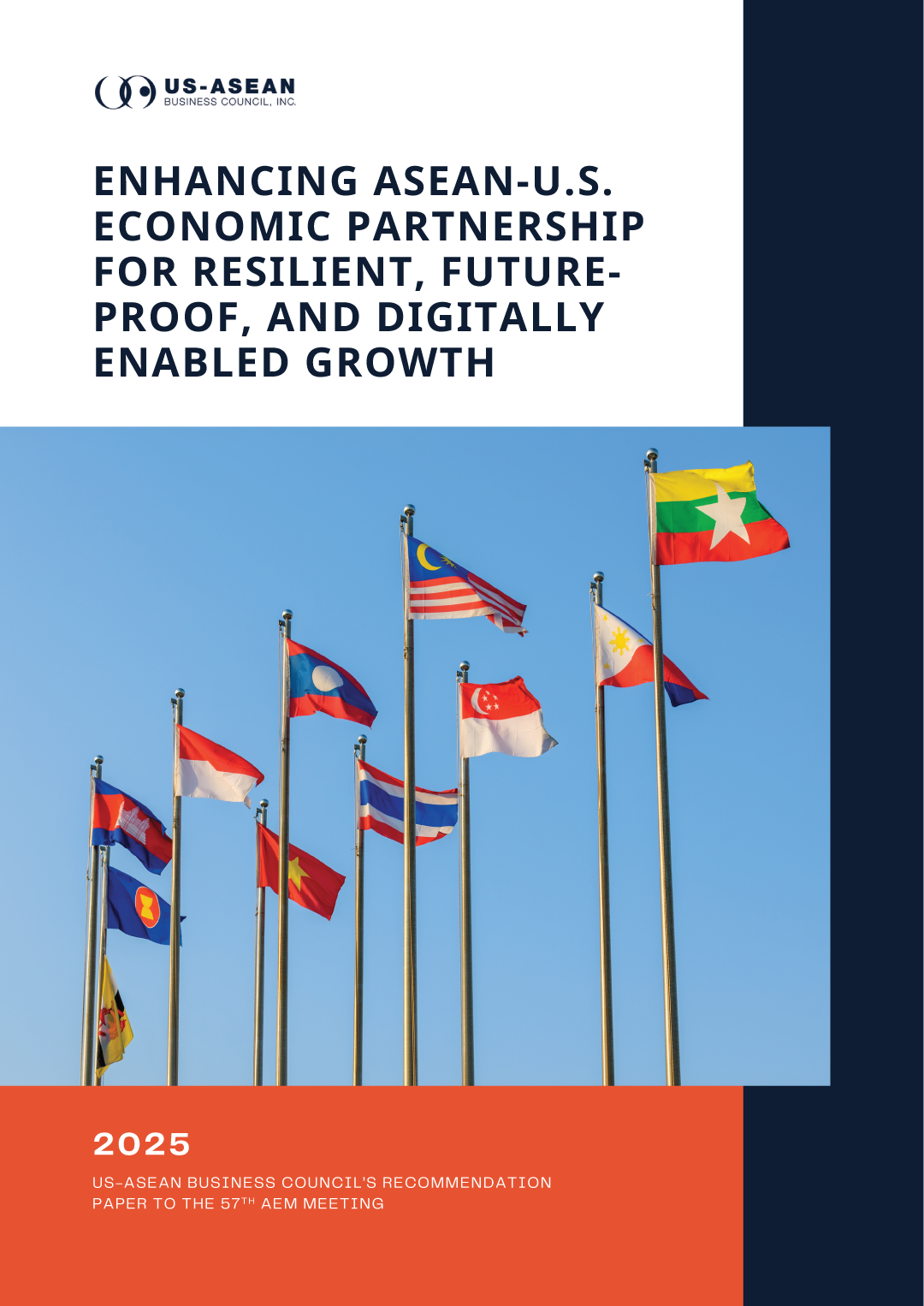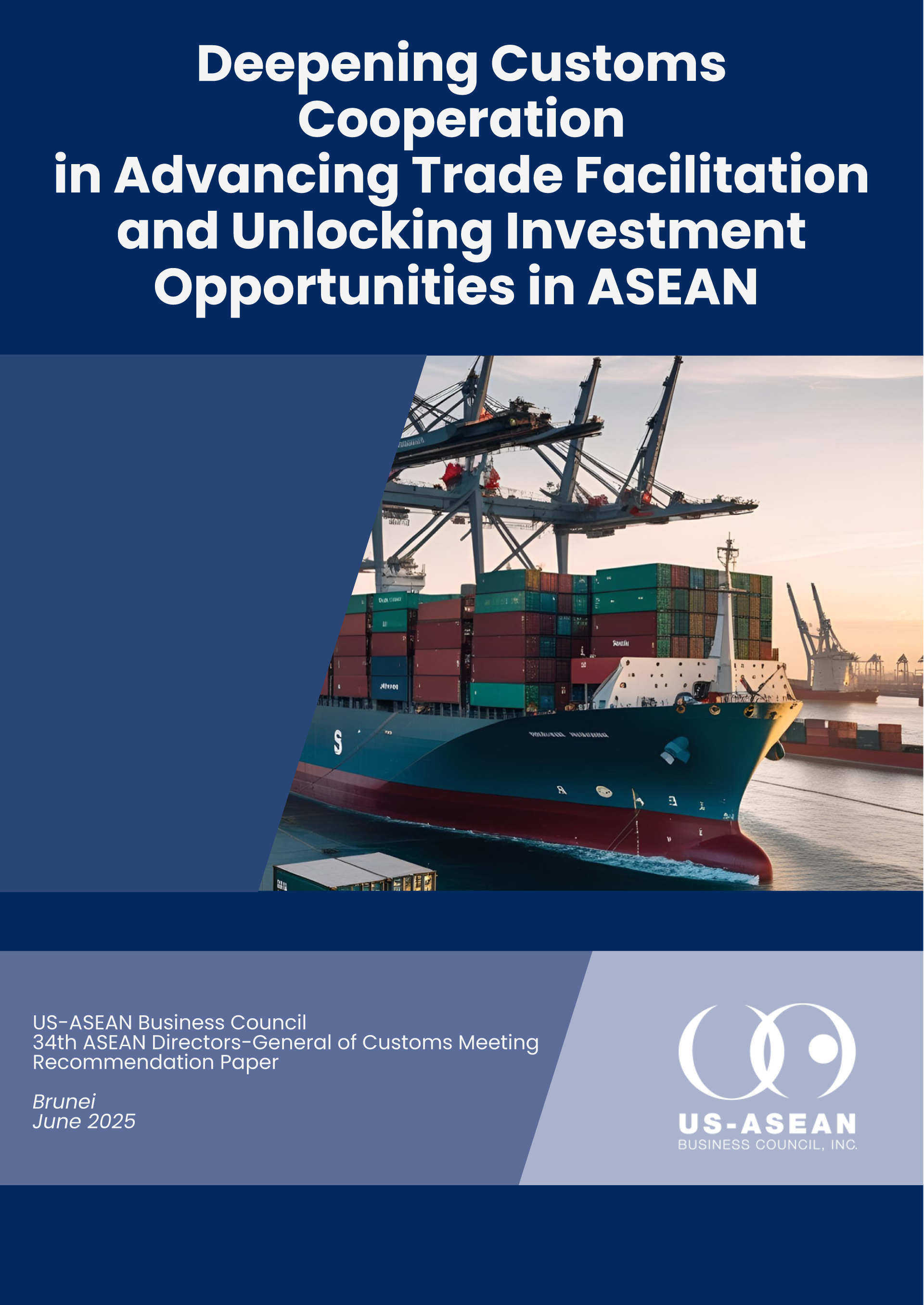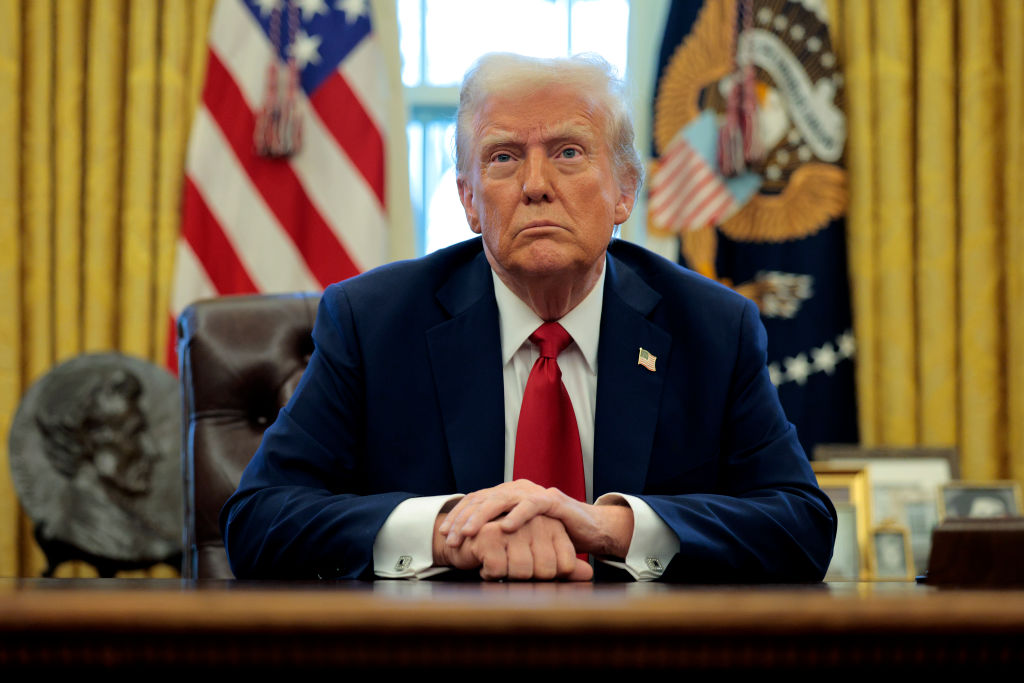Thailand and Singapore Implement BEPS Pillar 2, U.S. Withdraws from OECD Global Tax Deal

Effective January 1, 2025, Thailand and Singapore introduced a 15% tax rate for multinational companies operating in each country. This shift aligns with the global Base Erosion and Profit Shifting (BEPS) 2.0 led by the Organization for Economic Co-operation and Development (OECD). The implementation of BEPS 2.0 introduces a new era of tax compliance with significant implications for multinational companies operating in Singapore and in Thailand. Historically, Singapore has used tax incentives to attract multinational investments, with effective tax rates often falling below the 15% threshold. With the new rules, companies in Singapore will face reduced tax arbitrage opportunities and higher compliance costs as stricter reporting and documentation requirements take effect. The change will push Singapore to focus on non-tax incentives such and sector-specific subsidies to maintain its competitive edge. For Thailand, the Board of Investments estimates that around 1,000 companies will be affected. While the policy will increase tax revenue, it may also create cost pressures for multinational companies operating in Thailand, potentially influencing investment decisions. Related legislation has likewise been enacted in two other ASEAN countries—Vietnam and Malaysia.
On January 20, President Donald Trump issued a memorandum withdrawing the United States from the OECD’s global tax reform agreement, potentially undermining efforts to tackle profit-sharing and establish a fairer international tax system. The OECD estimatedthat BEPS would generate anywhere between USD 17 to 32 billion in additional global tax revenue, with the largest benefits expected for low- and middle- income countries. The U.S. withdrawal from OECD tax negotiations complicates the global tax landscape, with analysts signaling a major shift in global tax policy, particularly since many of the affected digital companies are headquartered in the United States. BEPS also aims to introduce more uniformity and reduce tax disputes between countries. The U.S. withdrawal from the agreement could lead to more tax havens and bilateral tax disputes, as countries may create their own uncoordinated tax regimes, complicating cross-border trade and investment. U.S.-based multinational corporations might face greater tax uncertainty—especially if Washington continues to opt for a different tax policy than other nations—or have a renewed opportunity to increase corporate income should the Trump Administration continue to lower the corporate income tax rate. Furthermore, the memorandum seeks to develop a list of options to protect U.S. companies from extraterritorial and discriminatory tax measures by foreign countries.










